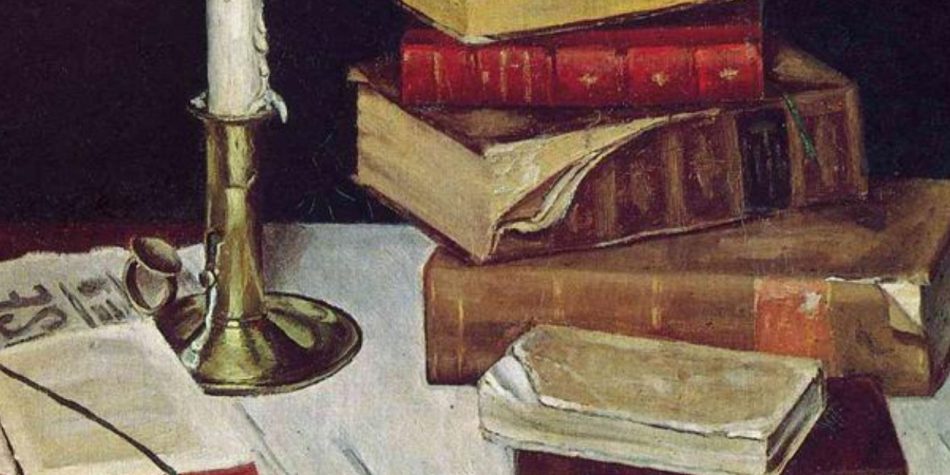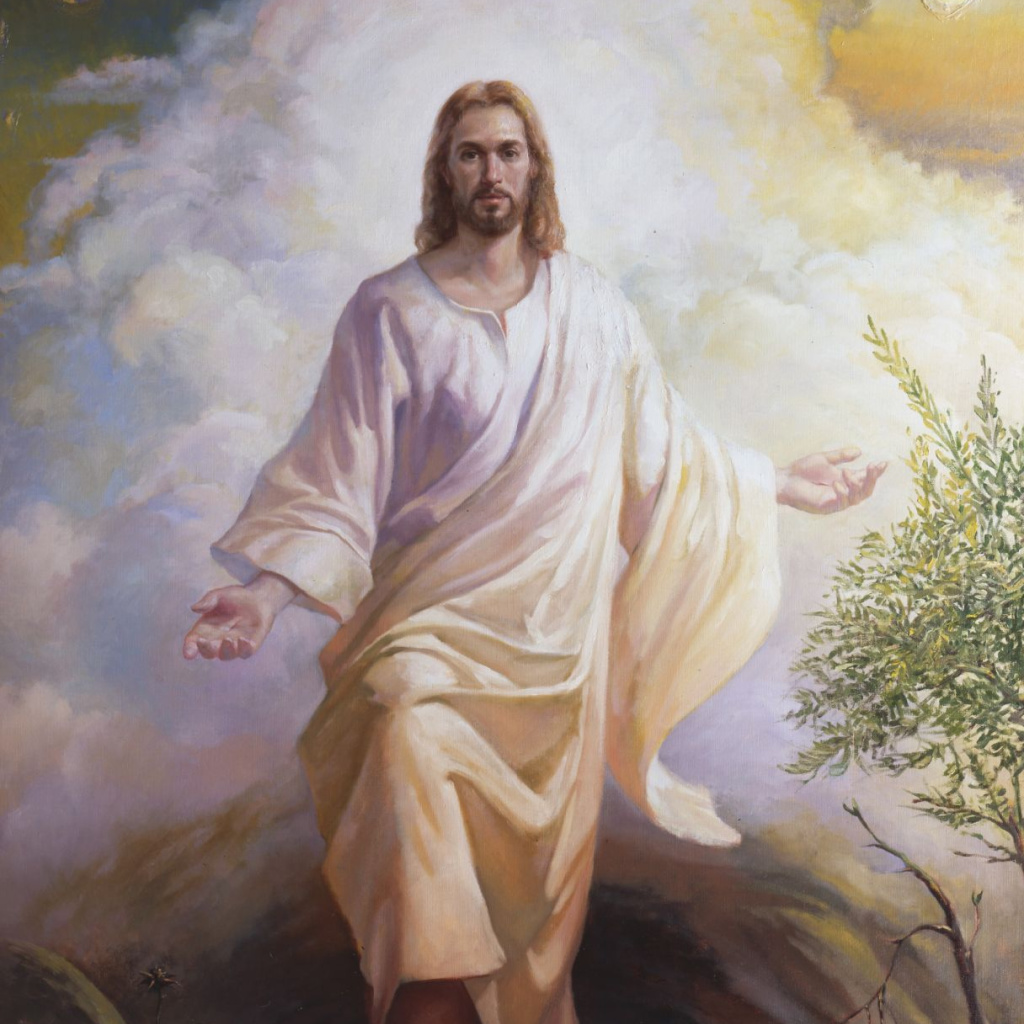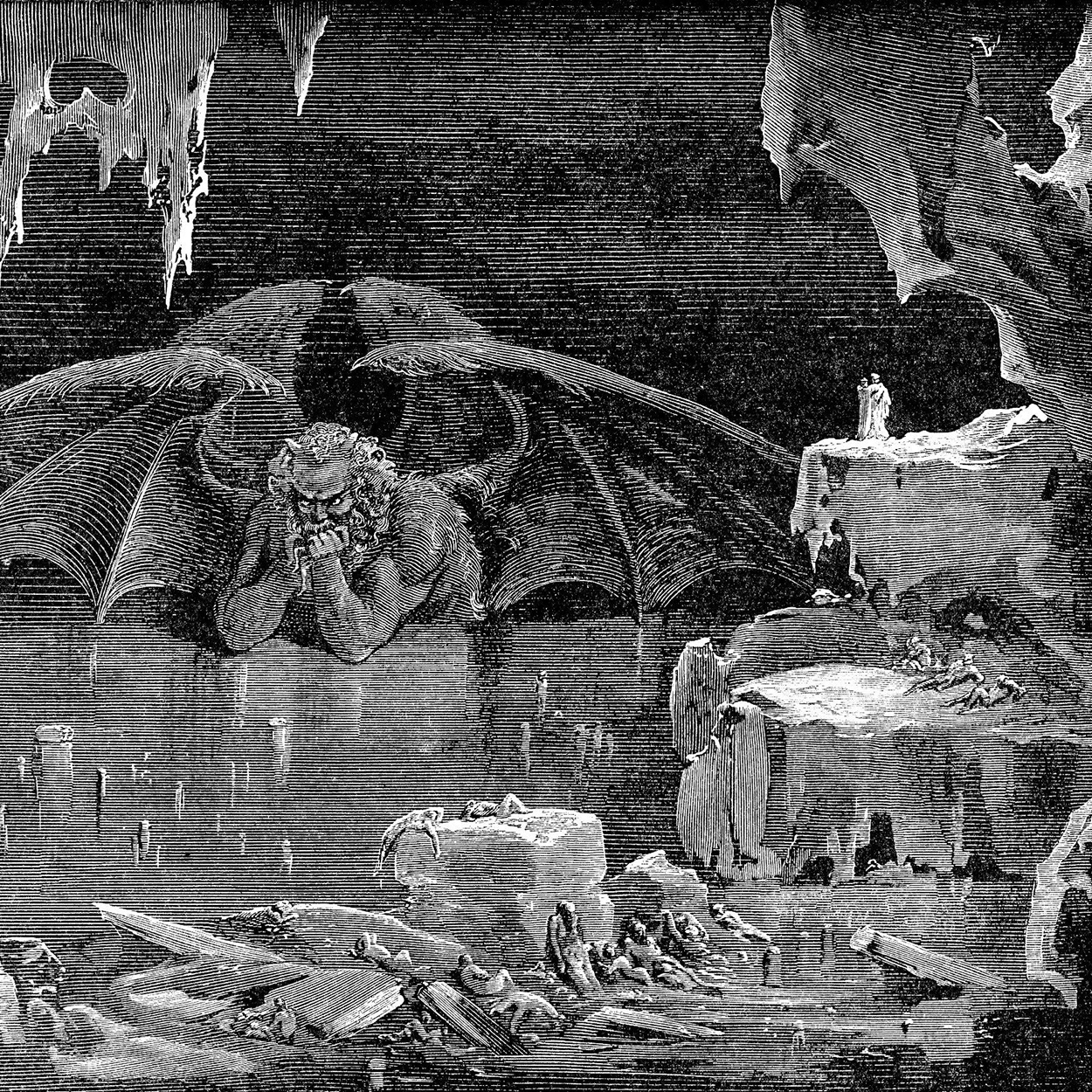Morality: Restoring the Common Good in Divided Times
Rabbi Jonathan Sacks
Our politics are fractured and our ability to agree is on life support. Even so, Rabbi Sacks is a prophet of cautious hope for what lies ahead. Societal division, fragmentation, extremism, unequal economics, and anger are not, he argues, inevitable. “They have been the legacy of the misplaced belief that societies can function without a moral bond. They cannot, or at least not for long. That is why we are where we are.”
The quest to restore morality is simple, he says, compared to solving other complex global challenges, such as climate change.
“It begins with us,” Rabbi Sacks writes. “We do not need to wait for a great political leader, or an upturn in the economy, or a new mood in society, or an unexpected technological breakthrough to begin to change the moral climate within which we live and move and have our being.” He adds that morality “cannot be outsourced. It is about taking responsibility, not handing it away. All it needs is for us to think about the ‘We,’ not just the ‘I,’ and immediately we change the tenor of our relationships.”
The Consolation of Philosophy
Boethius
This brilliant work of the sixth century A.D. has many things to say to the inhabitants of 2020. A prisoner, penning lines of lament over his unjust incarceration, is visited by Lady Philosophy. In verse, she shares time-tested wisdom to help him endure his trial with more resilience.
He who keeps composure in a life well-ordered,
Who thrusts underfoot fate’s arrogant incursions,
Confronts with integrity both good and evil fortune,
Succeeds in maintaining an undefeated outlook—
He will not be moved by the wild threats of ocean
Spilling out and churning up waves from deep recesses.
She helps the prisoner see through the mirage of political power.
Why … do wretched men stand awe-struck at tyrants?
Savage though they be, their mad rage has no real power.
If we renounce all fear and expectation,
Intemperate anger will be stripped of all its weapons.
But he who all atremble is fearful or desirous,
Through lack of inward staunchness or self-mastery,
Has thrown away his shield, and deserted his station.
He forges the chains which confine his shackled progress.
Later, in dialogue with the prisoner, she helps him rise high enough above his wretchedness to recognize the good things in his life.
“You are truly fortunate if only you would acknowledge your blessings; for while men are concerned above all to preserve their lives, no one doubts that the blessings which even now you enjoy are dearer than life itself. So come now, dry your tears. Fortune does not yet direct her hatred against all your household. The storm which has gathered over you is not too hard to endure, for your anchors still hold fast, and their grip is such that they do not allow present consolation or future hope to disappear. … Nothing is wretched unless you account it so, and conversely, the lot of all who bear it with tranquility is blessed.”
Solid counsel for all sides during a time of political hysteria and pandemic-induced paranoia.
Uncle Tom’s Cabin
Harriet Beecher Stowe
To read through the sufferings of Tom is to encounter one of the most profound symbols of the suffering and resilient Christ in all of literature outside of the New Testament. In one scene, Tom is stiff with the wounds and bruises suffered from a severe beating for his refusal to abuse other slaves. He is in conversation with Cassy, a fellow slave who has been sexually exploited for five years by their current master, Simon Legree. Cassy succors Tom with much-needed water in his hour of need. But she also tries to convince him that his refusal to obey Legree is futile, that Tom will not have the strength to endure such abuse for long. Why not give in? Why not make life easy for himself and obey Legree’s demands?
“What are these miserable low dogs you work with, that you should suffer on their account?” Cassy asks. “Every one of them would turn against you the first time they got a chance. They are all of ‘em as low and cruel to each other as they can be; there’s not use in your suffering to keep from hurting them.”
But Tom, his mind always immersed in the truths of the Bible, treat’s Cassy’s taunts the same way Christ treated the devil’s temptations in Matthew 4—with a scripturally rooted, teeth-gritting, hope-filled endurance to the very end.
“I’ve lost everything in this world, and it’s clean gone, forever,” Tom tells Cassy. “And now I can’t lose Heaven, too; no, I can’t get to be wicked, besides all!”
“But it can’t be that the Lord will lay sin to our account,” Cassy rejoins. “He’ll charge it to them that drove us to it.”
“Yes,” Tom says, “but that won’t keep us from growing wicked.”
“But why does He put us where we can’t help but sin?” Cassy asks.
“I think we can help it,” Tom says.
The Problem of Pain
C.S. Lewis
In this brief book, C.S. Lewis helps us understand a little more of what Jesus may have meant when he described as “blessed” all those in various states of want.
“Everyone has noticed how hard it is to turn our thoughts to God when everything is going well with us,” Lewis writes. “We ‘have all we want’ is a terrible saying when ‘all’ does not include God. We find God an interruption. As St. Augustine says somewhere, ‘God wants to give us something but cannot, because our hands are full—there’s nowhere for Him to put it.’ … What then can God do in our interests but make ‘our own life’ less agreeable to us, and take away the plausible sources of false happiness? It is just here, where God’s providence seems at first to be most cruel, that the Divine humility, the stooping down of the Highest, most deserves praise.”
From experience, many of us know “the terrible necessity of tribulation is only too clear,” Lewis continues. “God has had me for but forty-eight hours and then only by dint of taking everything away from me. Let Him but sheathe that sword for a moment and I behave like a puppy when the hated bath is over—I shake myself as dry as I can and race off to reacquire my comfortable dirtiness, if not in the nearest manure heap, at least in the nearest flower bed. And that is why tribulation cannot cease until God either sees us remade or sees that our remaking is now hopeless.”
The real problem, Lewis later adds, is “not why some humble, pious, believing people suffer, but why some do not.”
The Unwomanly Face of War
Svetlana Alexievich
This book is an oral history of the experiences of Soviet women who participated in World War II. They fought on the front lines, on the home front, and in occupied territories. Given the time and circumstances, the stories are full of pain and sorrow. But even in the illogical horror of war, we can see the gift of love spring through the rubble in startling ways.
“You never know your own heart,” says Natalya Ivanovna Sergeeva, a private and nurse-aid during the war. “In winter some captive German soldiers were led past our unit. They walked along all frozen, with torn blankets on their heads, holes burnt in their overcoats. It was so cold that birds dropped in flight. The birds froze. A soldier was marching in that column. … A young boy … There were tears frozen on his face … And I was taking bread to the mess in a wheelbarrow. He couldn’t take his eyes off that wheelbarrow; he didn’t see me, only the wheelbarrow. Bread … Bread … I broke a piece off a loaf and gave it to him. He took it … Took it and didn’t believe it … He didn’t believe it! I was happy … I was happy that I wasn’t able to hate. I was astonished at myself then.”
Albina Alexandrovna Gantimurova, a sergeant major and scout, describes a similar experience in Berlin with a boy who ran toward her near the end of the war. Both were armed with submachine guns.
“He looked at me, blinked, and burst into tears. I couldn’t believe it—I was in tears, too,” she says. “I felt so sorry for him; there was this kid standing with his stupid submachine gun. And I shoved him toward a wrecked building, under the gateway: ‘Hide,’ I said. He was afraid I was going to shoot him right then—I was wearing a hat, it wasn’t clear if I was a girl or a man. He took my hand. He cried! I patted his head. He was dumbstruck. It was war after all. … I was dumbstruck myself! I had hated them for the entire war! Fair or unfair, it’s still disgusting to kill, especially in the last days of the war.”
















